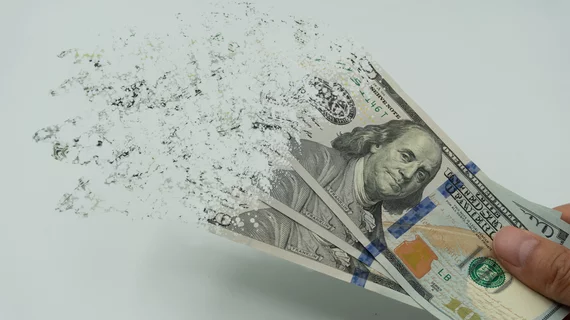Atrium Health forgives patient debts, withdraws liens on 11,500 homes
Nonprofit hospital chain Atrium Health is backing off on suing tens of thousands of patients for medical debt and withdrawing liens it placed on some 11,500 homes in six states, going back over 20 years.
Atrium and parent company Advocate Health had been under public pressure to change course on their aggressive debt collection practices, which earned the attention of NBC News and local affiliates telling the patients' stories.
The focal point for the story became 68-year-old Terry Belk of Charlotte, North Carolina, who was left with an enormous medical bill after his wife died of cancer in 2012. Belk, too, was diagnosed with cancer and struggling to pay his bills, which eventually totaled tens of thousands of dollars.
Despite his hardship, Atrium Health sued Belk, getting a court-ordered lien on his house that threatened his livelihood. The company has now backed off their lawsuit and forgiven Belk’s debt, along with the medical bills of tens of thousands of other patients.
Atrium Health told reporters the move was the “next logical step,” as it adopted a policy to stop suing patients for medical debt in 2022.
It’s unclear if other health systems will follow suit in North Carolina, but doing so is in line with new policy from Gov. Roy Cooper (D) who is allocating state Medicaid funds to pay off debts for residents, if they incurred them after 2014.
Because his debt was older, Belk was not eligible for the relief. He credits NBC News and public outcry for his debt being forgiven.
Read the full feature from NBC News below.

